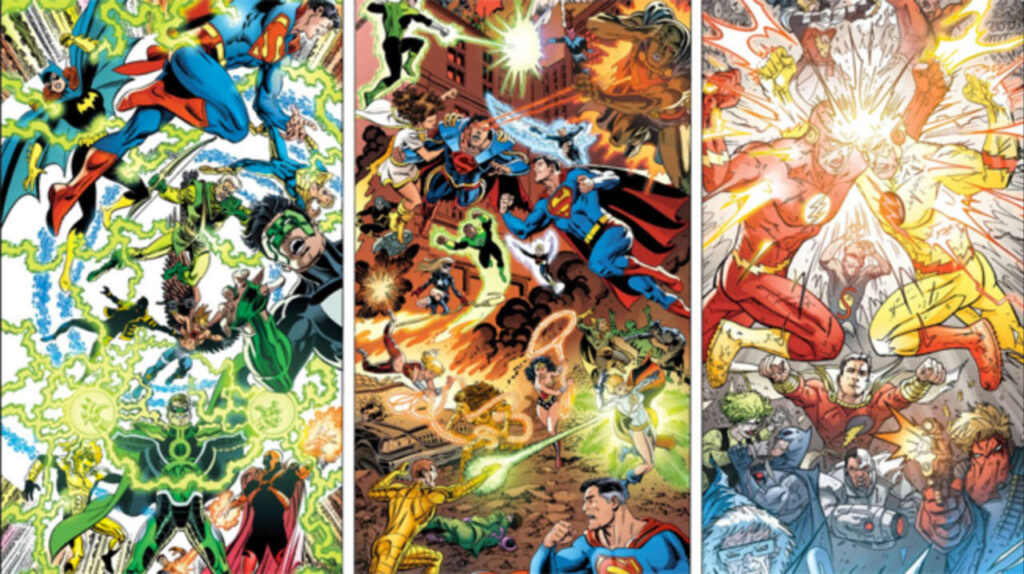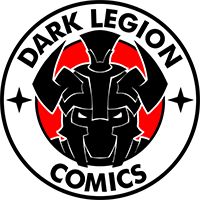Does Continuity Matter?

With DC Comics’ change in Editors, they’ve also announced they’re going to be switching to something called “Omniverse” where there isn’t a single universe, but continuity will not be maintained between books.
If it sounds more confusing than simply admitting “there is no continuity,” it’s because it is confusing.
Comic have struggled with continuity ever since the events rush of the 1990s. There’s simply too many books flooding the stands and too much of a back history for editors to keep track of. The events are designed to “reset” certain aspects of the universe so they don’t have to worry about maintaining those backstories, and any inconsistencies that exist in the characters they can write off as “well it changed after the last Crisis.”
The illusion of a continuity keeps comic fans invested and engaged in their borderline-autistic collecting habits with a desire to read the “whole story” as it were.
In some ways, DC removing this continuity from its line is a good thing for writers as it allows them freedom to explore stories they wouldn’t be able to otherwise because of editorial mandate. On the other hand, it’s just a sign of lazy editing not wanting to keep everything straight.
But the classic pulps never had continuity. If you go back to Zorro or Conan in their original forms, the original authors never bothered to maintain much continuity between stories, didn’t set them in any particular order, and fudged the details. Even getting into a continuing story like Anne McCaffrey’s Dragonriders of Pern novels, one can find pretty blatant continuity errors with just one author. She never apologized for them, but kept moving forward in her work.
Marvel and DC separated themselves by creating these continuities, which were built largely by editor and writer Mark Gruenwald in the 1970s with his fanzines explaining how all the cosmic events in Marvel were related from a fan’s perspective. When his class became engrained in the company, the continuity became very important.
On the other side, DC decided to copy Marvel’s newfound push toward continuity once they launched Crisis on Infinite Earths. They realized they didn’t have a solid universe and aimed to rectify it.
But once the companies realized they could get away with changing events with some sweeping cosmic storyline, they kept doing so. No one stays dead, no one really changes, it became an “illusion of change” as Editor-In-Chief of Marvel Jim Shooter once put it.
Shooter once did much better when he started Valiant Entertainment, where the comics actually had running storylines and those characters who died stayed dead. It was their marketing cry for a long time to differentiate themselves from the other companies when the industry was in such upheaval in the early to mid 90s.
Really, despite the efforts of a few, these companies not kept solid continuity in a long time and they’ve been duping fans all of these years. Titling the new conditions an “Omniverse” is still insulting to fans. Why not just admit they don’t care about it and tell the stories they want to tell? Because they know they’d lose their dwindling base.
It’s why so many people are turning to independent comics or Japanese Manga these days. You can trust that the author of the story will continue until where they see fit to end, and it will end at some point. It leaves little room for errors in the overarching story or changes or bringing people back to life haphazardly. You get a better story when you don’t have to worry about keeping your properties iconic for the movie form. The game is changing, and the Omniverse is only one of the first dominoes to fall.

